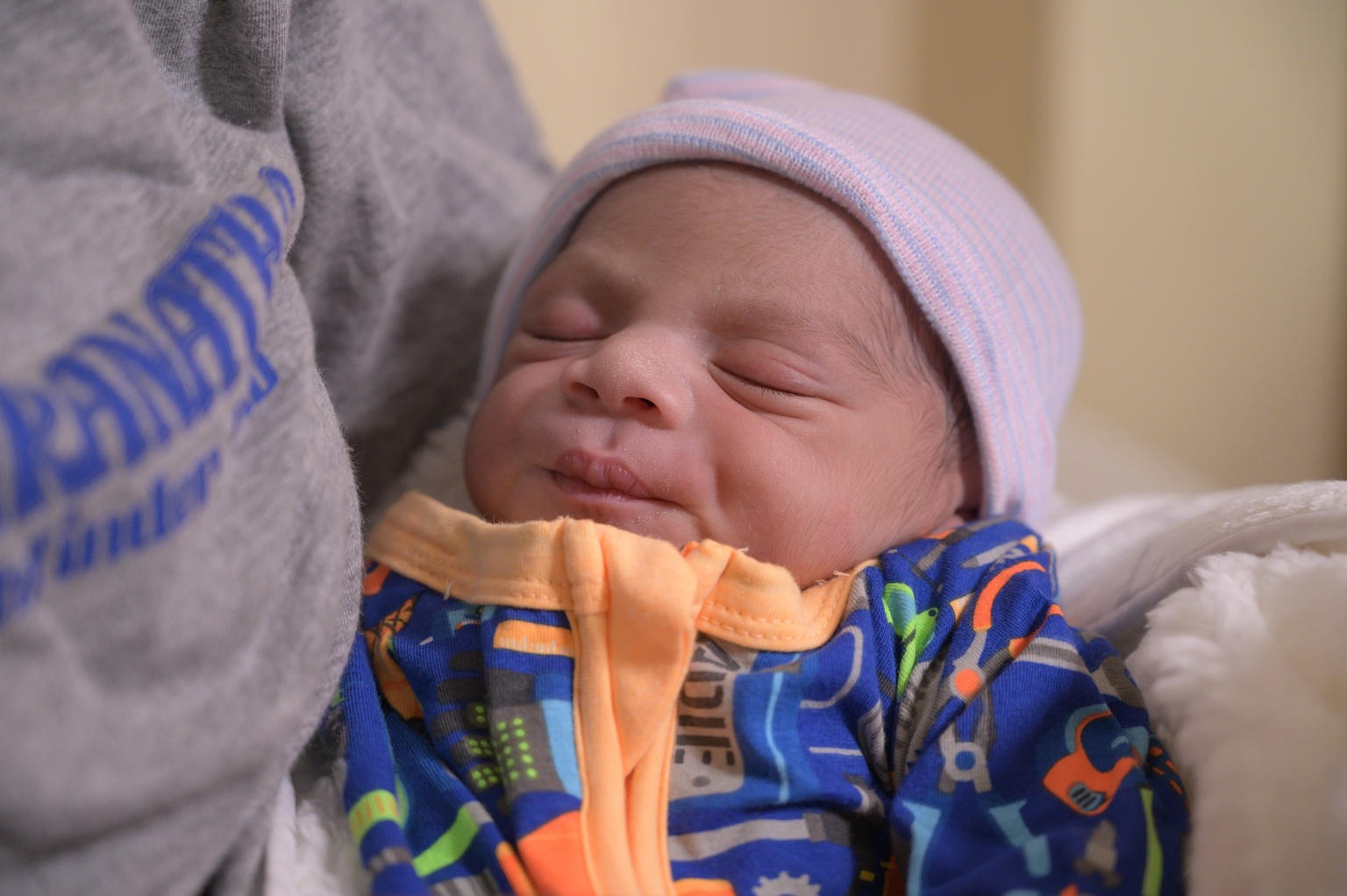In 2020, UNICEF is calling for world leaders and nations to invest in health workers with the know-how and equipment to save every newborn
DUBLIN/NEW YORK, 1 January 2020 – An estimated 392,078 babies will be born around the world on New Year’s Day, according to UNICEF.
“The beginning of a new year and a new decade is an opportunity to reflect on our hopes and aspirations not only for our future, but the future of those who will come after us,” said Henrietta Fore, UNICEF Executive Director. “As the calendar flips each January, we are reminded of all the possibility and potential of each child embarking on her or his life’s journey—if they are just given that chance.”
Fiji in the Pacific will most likely deliver 2020’s first baby. The United States, its last.

Top nations
Globally, over half of these births are estimated to take place in eight countries:
- India — 67,385
- China — 46,299
- Nigeria — 26,039
- Pakistan — 16,787
- Indonesia — 13,020
- The United States of America — 10,452
- The Democratic Republic of Congo — 10,247
- Ethiopia — 8,493
Newborn challenges
Each January, UNICEF celebrates babies born on New Year’s Day, an auspicious day for child birth around the world.
However, for millions of newborns around the world, the day of their birth is far less auspicious.
In 2018, 2.5 million newborns died in just their first month of life; about a third of them on the first day of life. Among those children, most died from preventable causes such as premature birth, complications during delivery, and infections like sepsis. In addition, more than 2.5 million babies are born dead each year.
Huge progress
Over the past three decades, the world has seen remarkable progress in child survival, cutting the number of children worldwide who die before their fifth birthday by more than half. But there has been slower progress for newborns. Babies dying in the first month accounted for 47 per cent of all deaths among children under five in 2018, up from 40 per cent in 1990.
UNICEF’s Every Child Alive campaign calls for immediate investment in health workers with the right training, who are equipped with the right medicines to ensure every mother and newborn is cared for by a safe pair of hands to prevent and treat complications during pregnancy, delivery and birth.
“Too many mothers and newborns are not being cared for by a trained and equipped midwife or nurse, and the results are devastating,” said Fore. “We can ensure that millions of babies survive their first day and live into this decade and beyond if every one of them is born into a safe pair of hands.”
ENDS
###
Notes to Editors
For complete un-rounded estimates on births for 190 countries, click here.
For the data, UNICEF worked with the World Data Lab. The estimates for the number of babies born on 1 January 2020 draw on the latest revision of the UN’s World Population Prospects (2019). Building on these datasets, World Data Lab’s (WDL) algorithm projects estimates of the number of births for each day by country.
To download photos to accompany this story, click here
About UNICEF
UNICEF works in the world’s toughest places, to reach the world’s most disadvantaged children. Across more than 190 countries and territories, we work for every child, everywhere, to build a better world for everyone.
For more information about UNICEF and its work, visit our website.




